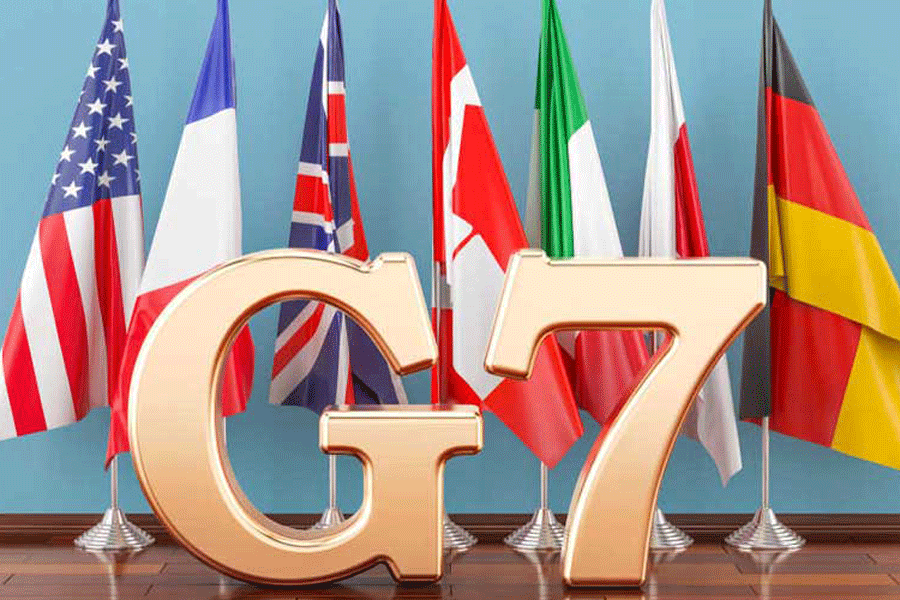India, home to 90 per cent of the world’s diamond cutting and polishing industry, and De Beers, the top global rough diamonds producer by value, are seeking clarity and flexibility from G7 countries in implementing a ban on imports of Russian gems.
The Group of Seven countries on Wednesday announced a direct ban on Russian diamonds starting January 1 followed by phased-in restrictions on indirect imports of Russian gems from around March 1. Russia is the world’s biggest producer of rough diamonds by volume with a 30 per cent share of the market.
The implementation will depend heavily on India, which wants to minimise potential disruptions for small diamond firms employing millions of people.
“We are not happy with the announced timeline for implementation of restrictions,” said Vipul Shah, chairman of the Gem Jewellery Export Promotion Council (GJEPC), a leading Indian trade body.
“Recognising the diversity of our industry, we believe there should be more flexibility in these timelines,” he said in a statement.
The G7’s plan has sparked a debate inside the sector as it risks complicating supply chains when demand is under pressure. India’s April-October polished diamond exports are down 29 per cent to $10 billion.
“The G7 is essentially saying it is still a work in progress but here is a framework with a timeline,” diamond analyst Paul Zimnisky said.
But “if Indian companies want to continue doing business with the G7 nations, then they are going to have to do their part,” he added.
The G7 plans a traceability-based verification for rough diamonds by September, but for now two main questions remain unsolved: how a diamond’s country of origin should be checked and where it should be done.
Belgium supports checks in Antwerp, the world’s main diamond hub.











